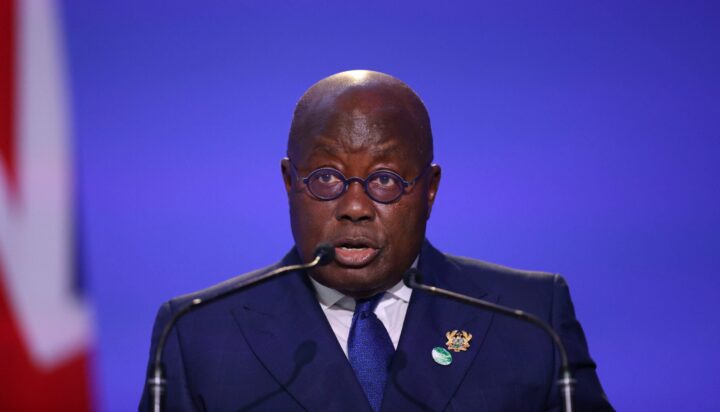The Organised Private Sector (OPSN) has called for the suspension of the implementation of the new electricity tariff to enable all stakeholders to have meaningful dialogue on the process and methodology of determining it and jointly agreeing on the transparent mechanism required.
The OPSN comprising top Business Membership Organisations (BMOs) including MAN, NACCIMA, NECA, NASSI and NASME representing more than 5 million businesses in Nigeria, states that the more than 200 per cent increase in electricity tariff at this difficult time is inimical to the survival of their businesses and lead to unprecedented downturn in the productive sector of the economy.
They argued that the new electricity tariff will have negative trickle-down effects and certainly impoverish Nigerians as it will worsen inflation, aggravate the pressure on the disposable income of the average Nigerian and lead to the closure of over 65 per cent of private businesses.
The effect, they say will be an escalation of the current high level of unemployment and insecurity in the country as the supply is inadequate, and coming on the heels of macroeconomic instability, infrastructure deficits, as well as other supply-side constraints limiting the performance of the productive sector.
The OPSN position is informed by the numerous complaints from its member companies on the implications of the recent astronomical increase in electricity tariff by the Nigerian Electricity Regulatory Commission (NERC) for Band A customers which they say, is without the required and proper consultations with the private sector.
“This sudden exponential increase in the face of inadequate electricity supply is inimical to the competitiveness of Nigerian products and businesses and will exacerbate the impact of the high cost of production”.
They argued that the astronomical increase is against the MYTO Order referenced NERC/2023/05, which valued the cost-reflective tariff at N114.8/Kwh (determined using an exchange rate of N919.39/$1) and also does not reflect the current exchange rate reality that has seen the Naira appreciated by 62.95 per cent over the dollar in the last one month.
A comparative analysis cost of the new electricity tariff of N225/kwh on the cost profile of a medium-sized company using 700kw revealed that the firm will need to pay about N1.4b per annum (700 x 225 x 24 x 365) for electricity, while in China however, a similar medium-sized company will pay a little over N24m (700 x 94.14 x 24 x 365).
The OPS states that the new electricity tariff is outrageously higher when compared with the going rates in countries with significant manufacturing performance.
In the United States, United Kingdom, Germany, France, China, India, South Africa, Ghana and the Benin Republic, prevailing electricity costs per kilowatt hour are $0.1545, $ 0.3063, $0.53, $0.0573, $0.076, $0.068, $0.0999, $0.123 and $0.195 respectively.
Using the conversion values of the afore-mentioned electricity cost in Naira that are N191.38, N379.41, N656.50, N70.98, N94.14, N84.23, N64.53, N152.36 and N125.95 respectively, the OPS states that, with the new tariff of N225/kwh, Nigeria now ranks third after Germany and United Kingdom on the list of countries with high electricity cost.




